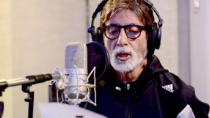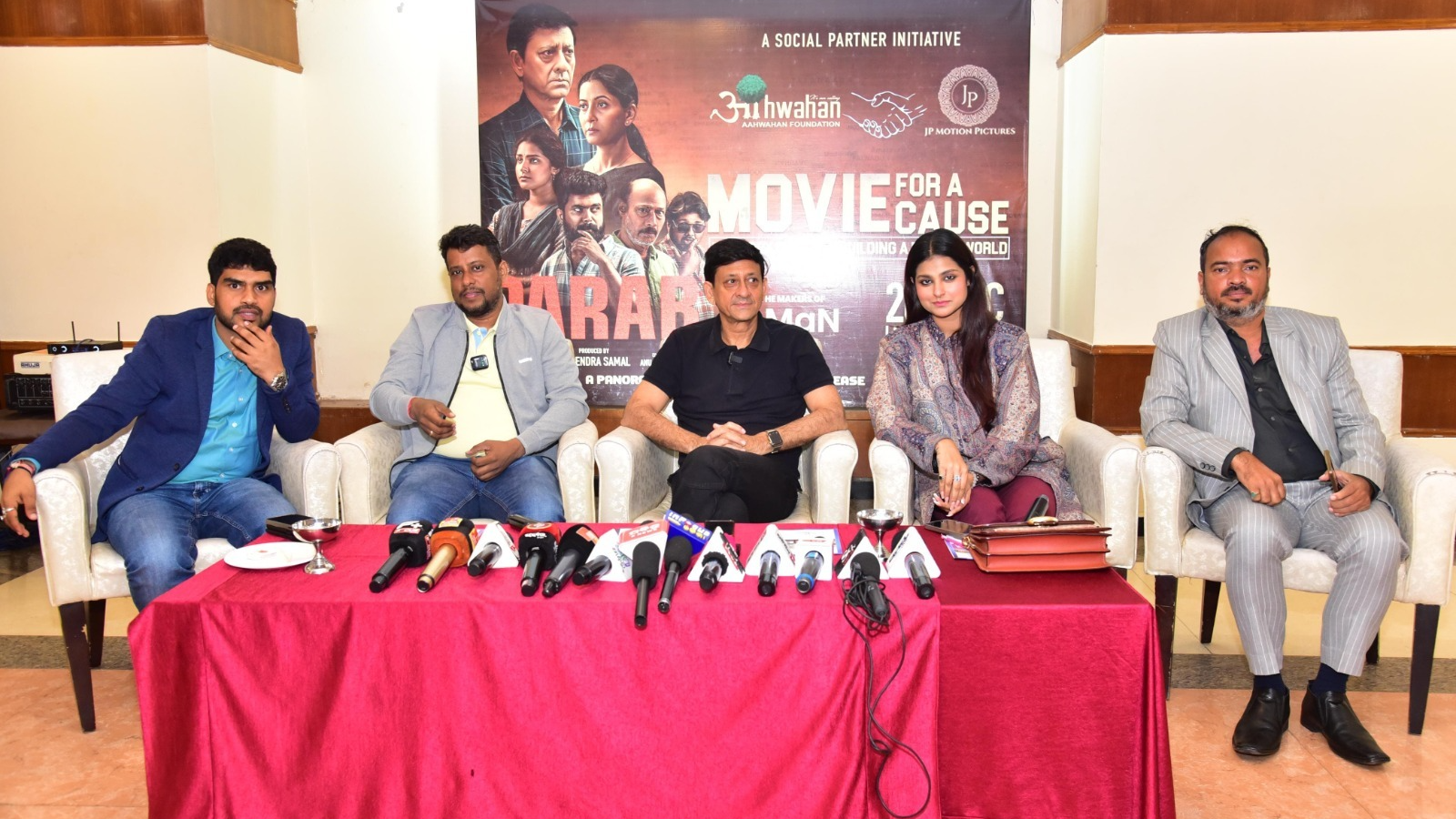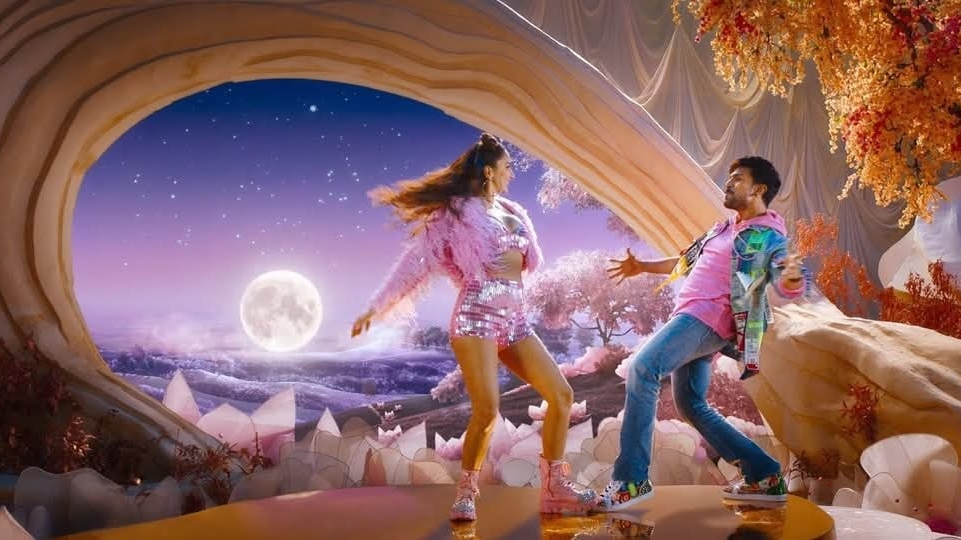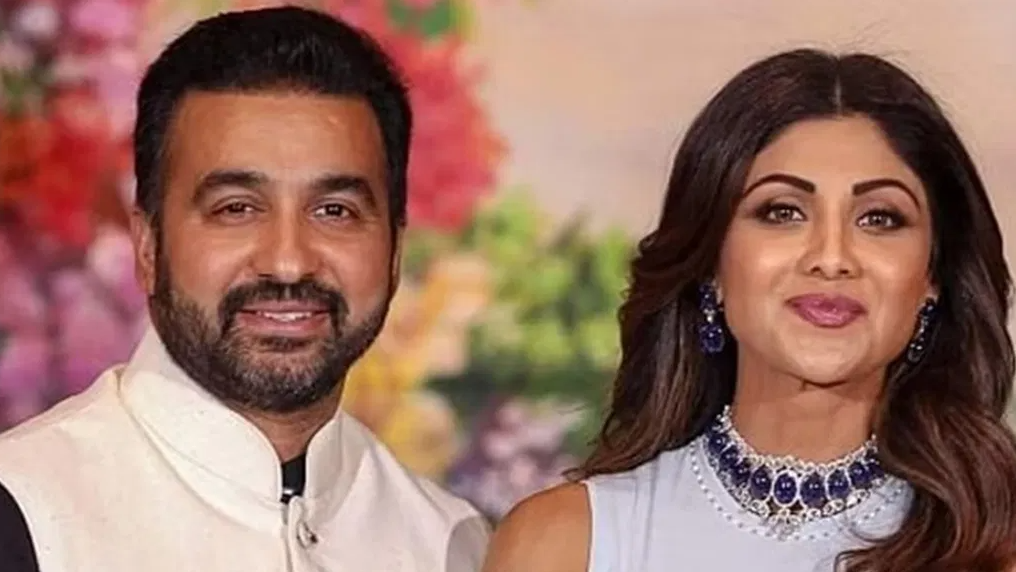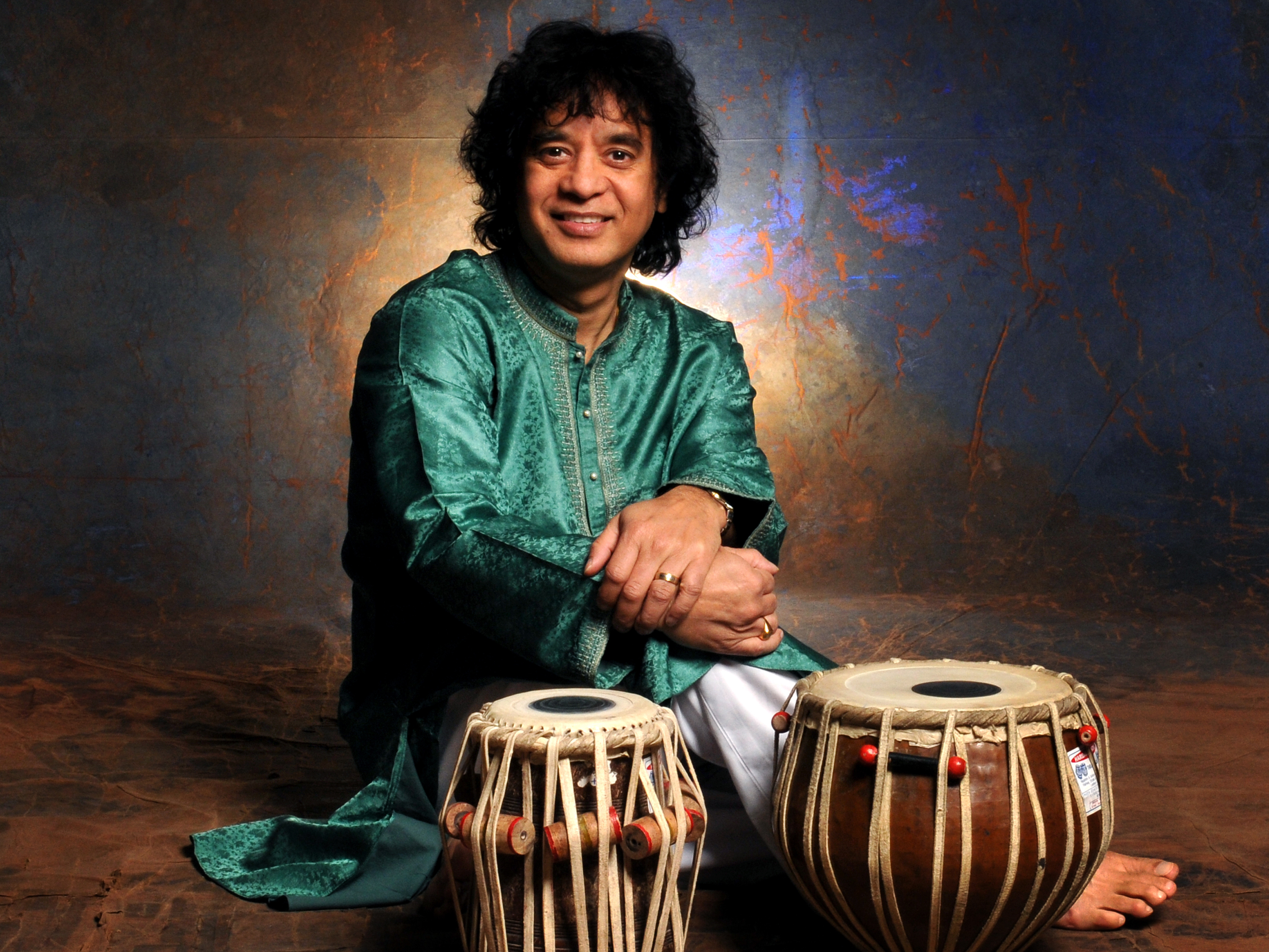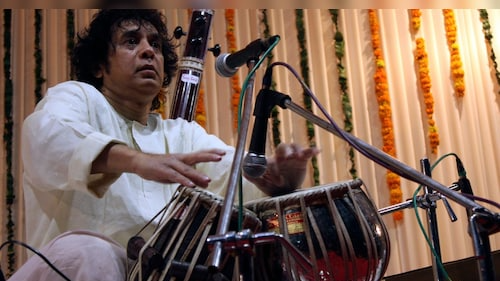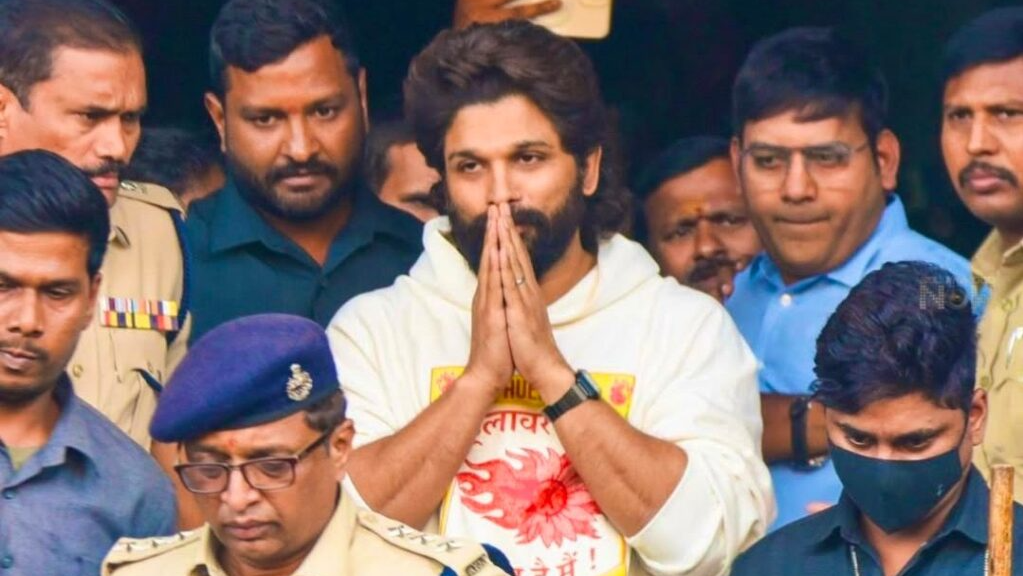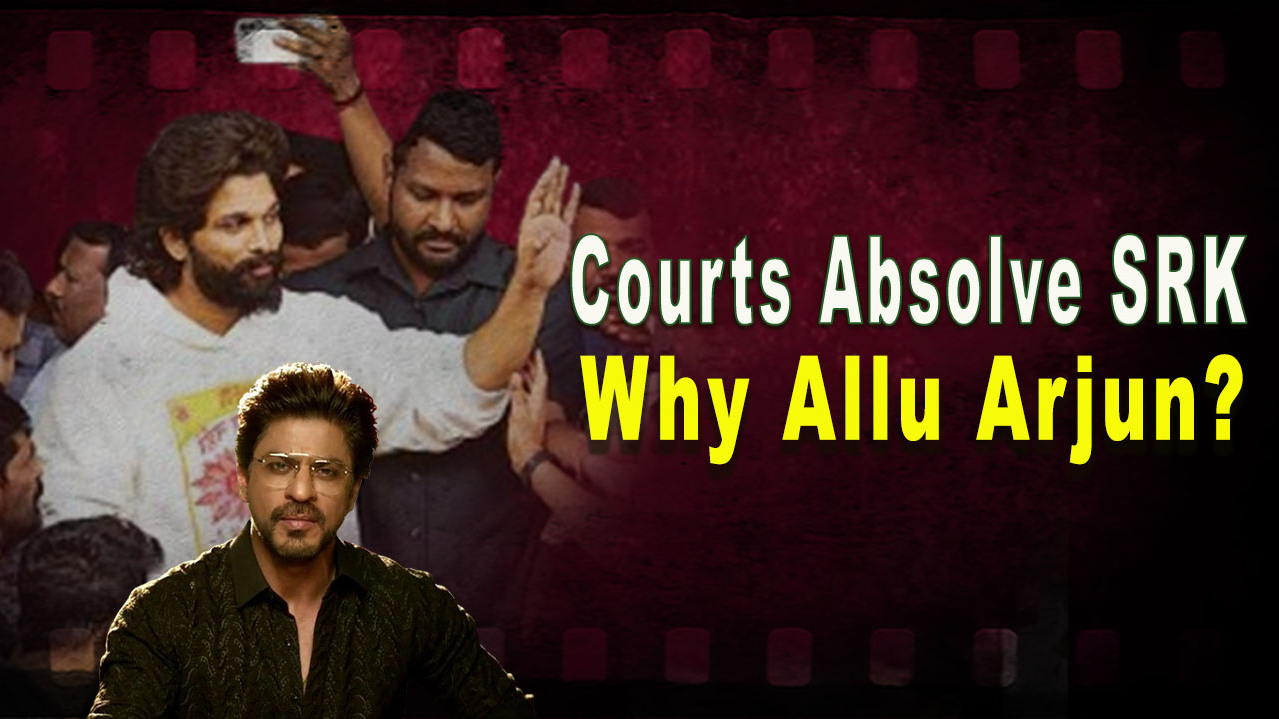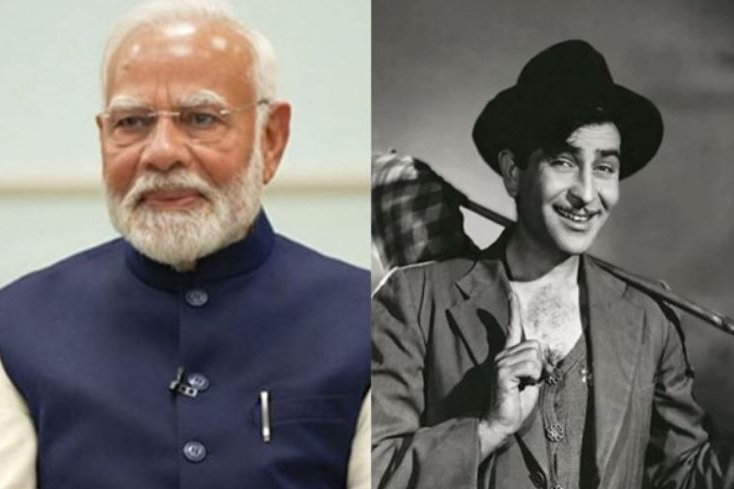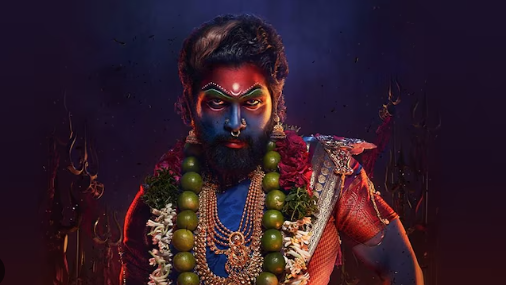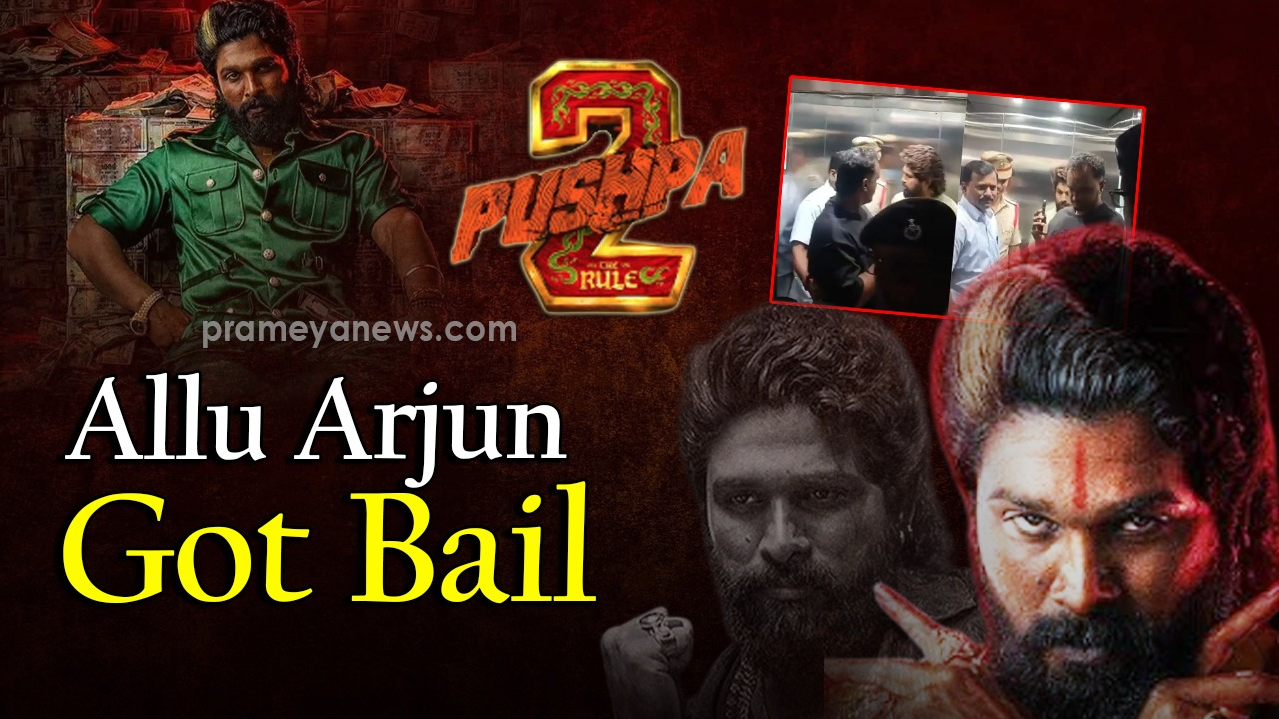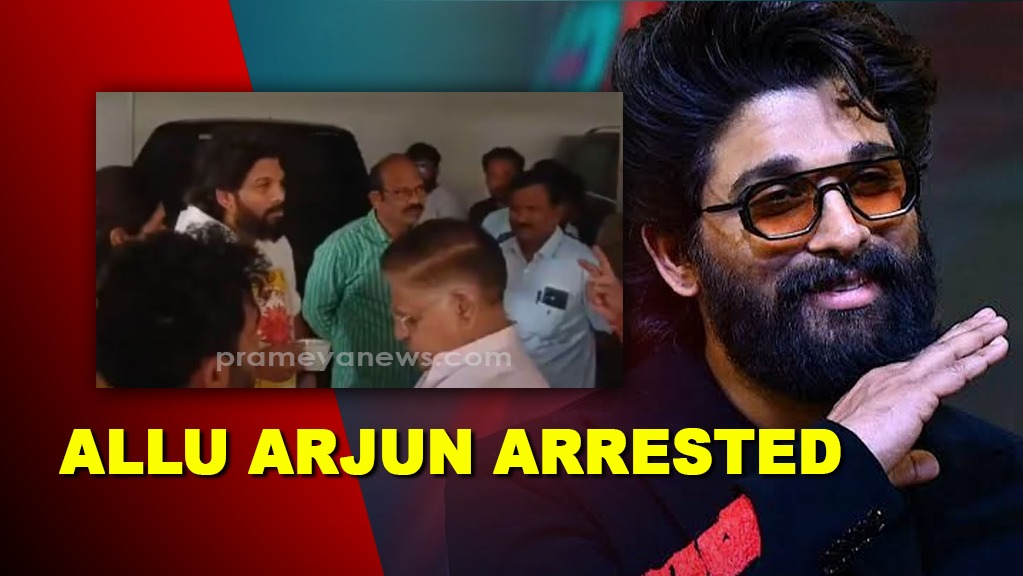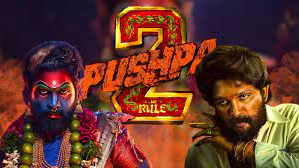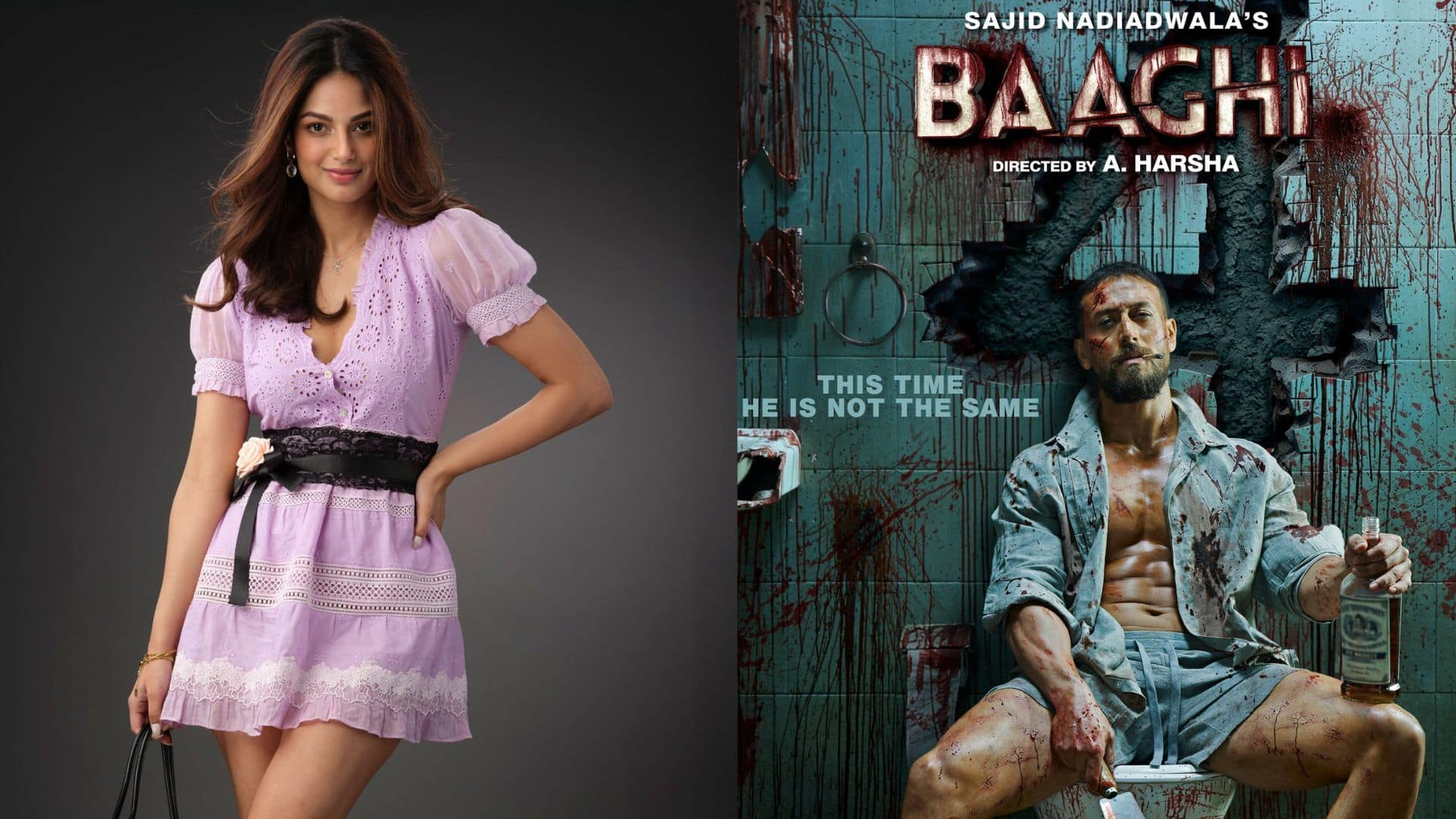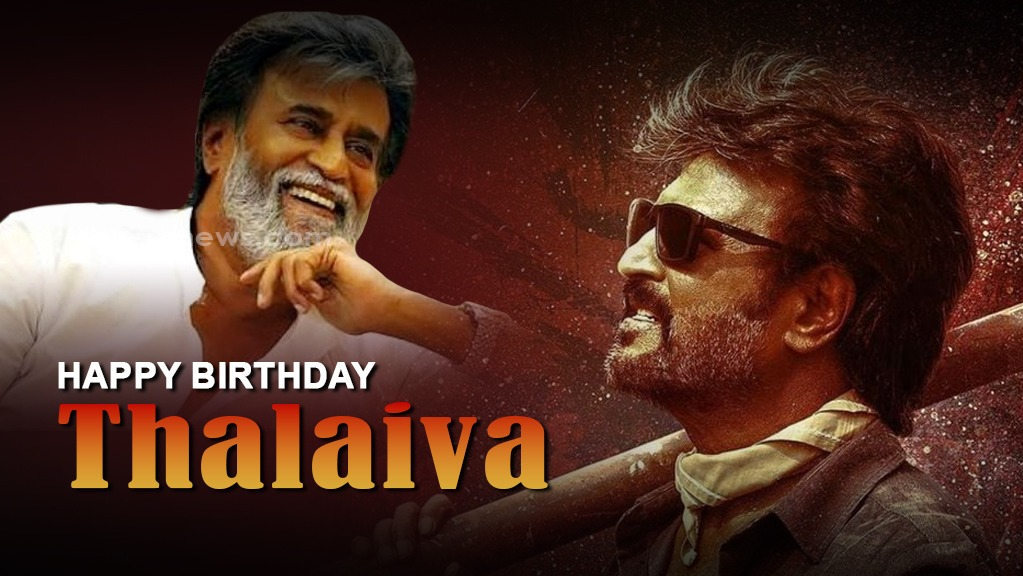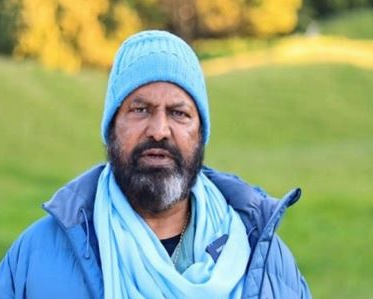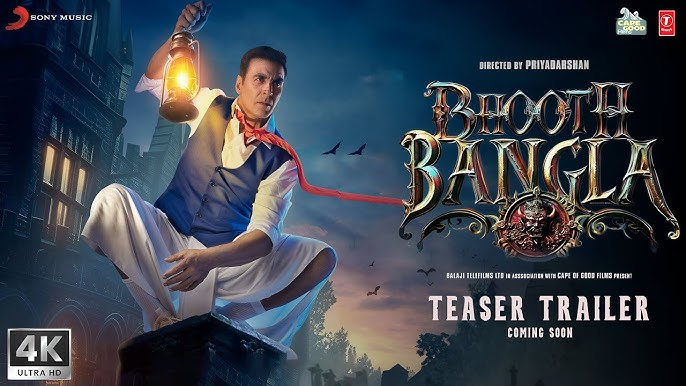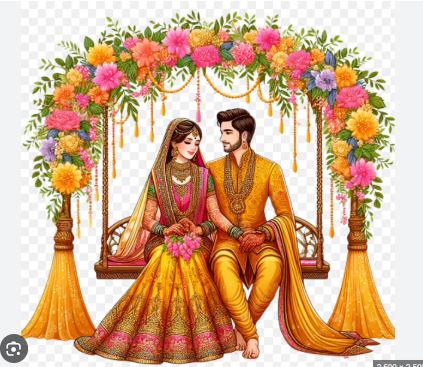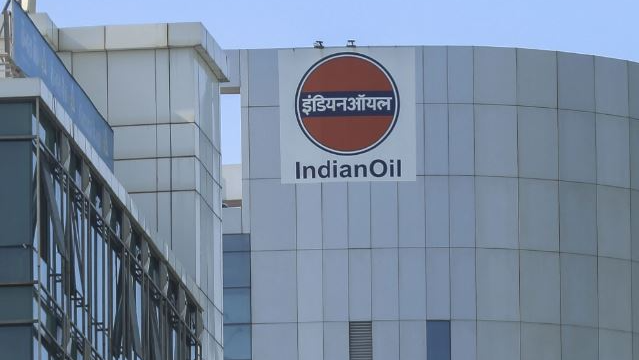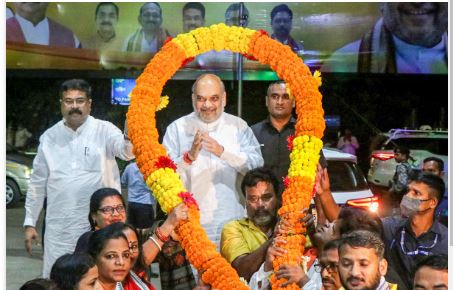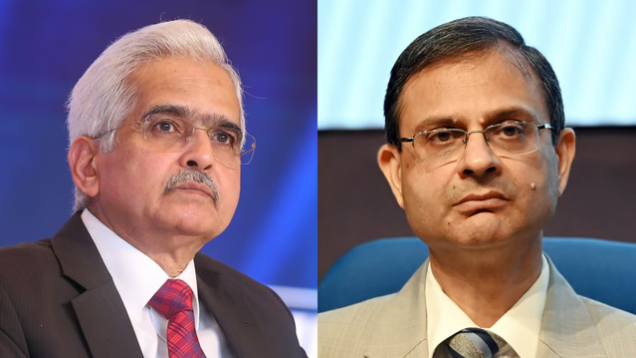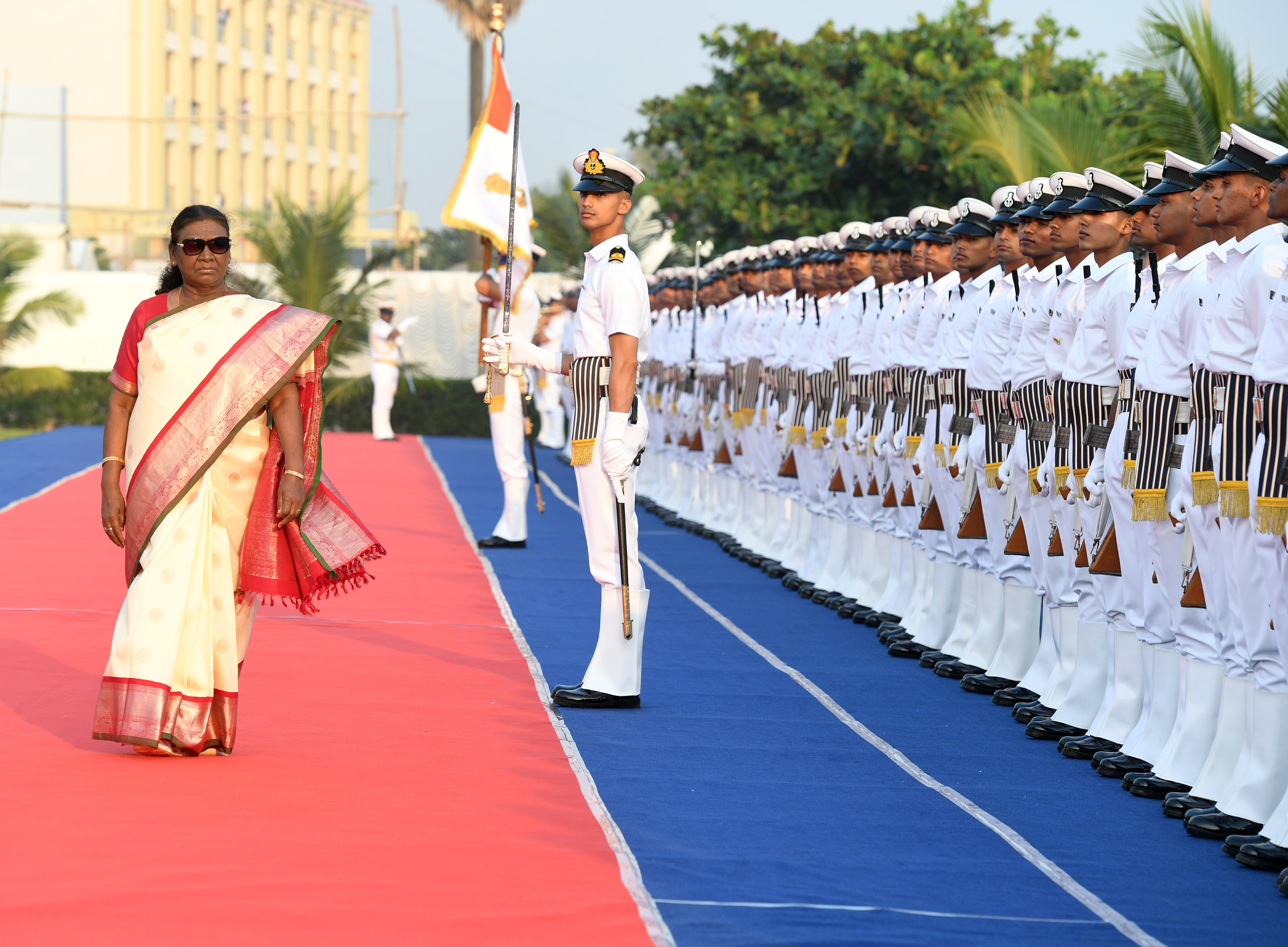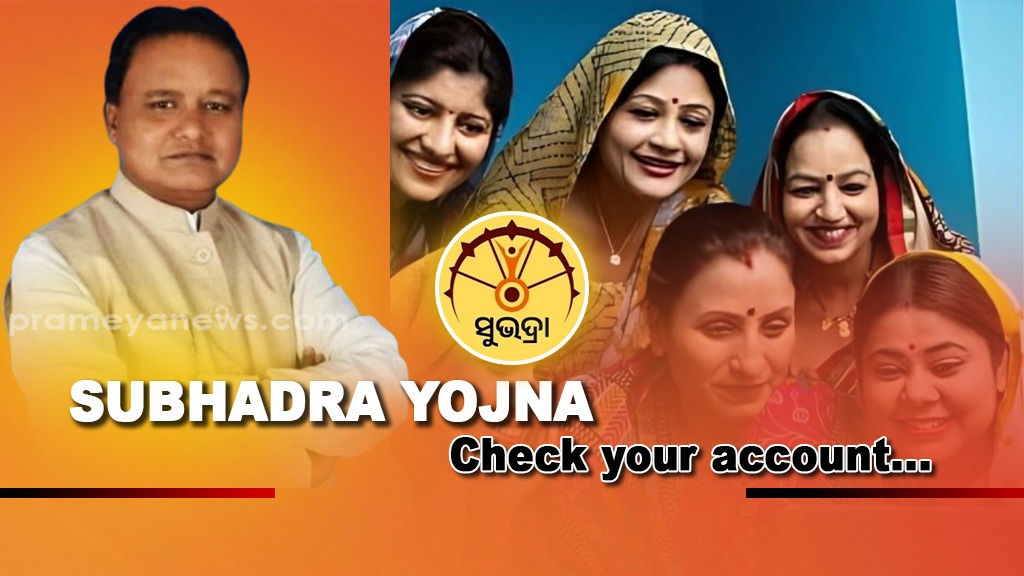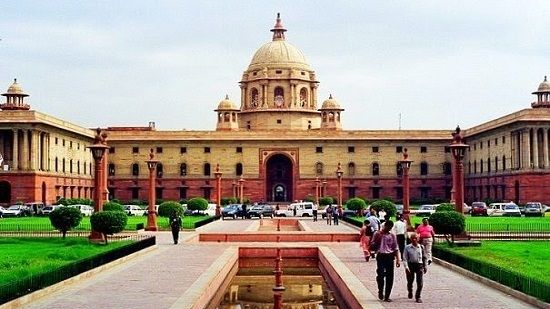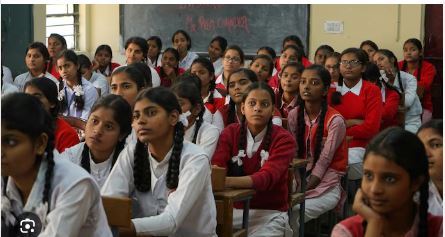As the legendary Amitabh Bachchan celebrates his 82nd birthday today, fans worldwide are paying tribute to his illustrious six-decade career in Bollywood. Known for his commanding screen presence and that unmistakable baritone, it's hard to imagine Indian cinema without the resonant voice of 'The Big B'. Yet, in a twist of fate that now seems almost comical, this very voice – which would go on to captivate millions – was once deemed unsuitable for radio.
In the early 1960s, long before he became the megastar we know today, a young Amitabh Bachchan stood before the microphone at All India Radio (AIR) for an announcer's audition. Fresh out of Kirori Mal College with dreams of making it big, Bachchan saw radio as a potential stepping stone. However, the aspiring announcer was met with an unexpected setback – rejection.
"They said my voice was too deep and heavy," Bachchan recalled in a later interview. "They were looking for voices that were more high-pitched and vibrant." The irony of this rejection is not lost on anyone familiar with Bachchan's career. His deep, resonant voice would later become his trademark, earning him the moniker 'The Shahenshah of Bollywood'.
This early career stumble serves as a poignant reminder of the unpredictable nature of success and the importance of perseverance. Had Bachchan allowed this rejection to deter him, the landscape of Indian cinema might look vastly different today.
Instead, the young Bachchan took this setback in stride. He moved to Calcutta (now Kolkata), where he worked as a freight broker for a shipping firm. It was during this time that he continued to nurture his passion for acting, participating in theater productions and honing his craft.
His break finally came in 1969 when he made his film debut in "Saat Hindustani". Although the film didn't set the box office on fire, it marked the beginning of what would become one of the most iconic careers in Indian cinema history.
As Bachchan's star rose in the 1970s and 80s, his voice became one of his most distinctive features. From the intense dialogues of "Deewar" to the poetic narrations in "Kabhi Kabhie", his baritone added depth and gravitas to every role he portrayed.
The very quality that AIR had rejected became a national treasure. Bachchan's voice has introduced countless films, narrated documentaries, and even lent gravitas to public service announcements. In a delightful twist of irony, AIR, which once rejected him, later invited him as a celebrity guest on various programs.
Today, at 82, Amitabh Bachchan's voice remains as impactful as ever. It has aged like fine wine, carrying the weight of experience and the warmth of familiarity. Whether he's hosting "Kaun Banega Crorepati" (the Indian version of "Who Wants to Be a Millionaire?") or delivering powerful dialogues in his latest films, his voice continues to command attention and respect.
The story of Bachchan's rejection by AIR is more than just an amusing anecdote; it's a testament to the unpredictability of talent assessment and the importance of believing in oneself. It serves as an inspiration to aspiring artists facing rejection, reminding them that setbacks can often pave the way for comebacks.
As we celebrate Amitabh Bachchan's 82nd birthday, we're not just honoring his contributions to cinema, but also the resilience and determination that turned a young man with a "too deep" voice into the voice of a generation. His journey from rejection to veneration is a powerful narrative of perseverance, a reminder that sometimes our greatest strengths can be hidden in what others perceive as weaknesses.
In the grand symphony of Bollywood, Amitabh Bachchan's voice has been the bass note that has anchored and elevated the entire composition. And as he enters his 83rd year, that voice – once deemed unsuitable for radio – continues to resonate with millions, a living testament to the power of passion, perseverance, and the audacity to prove naysayers wrong.
Happy Birthday, Mr. Bachchan. Here's to the voice that almost wasn't heard, but now will never be forgotten.








